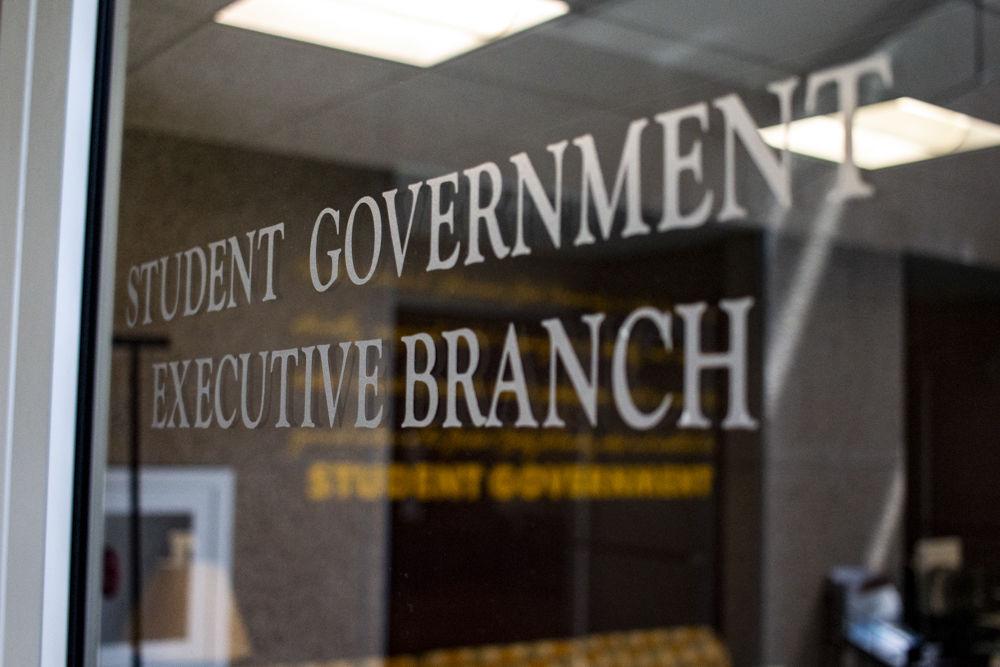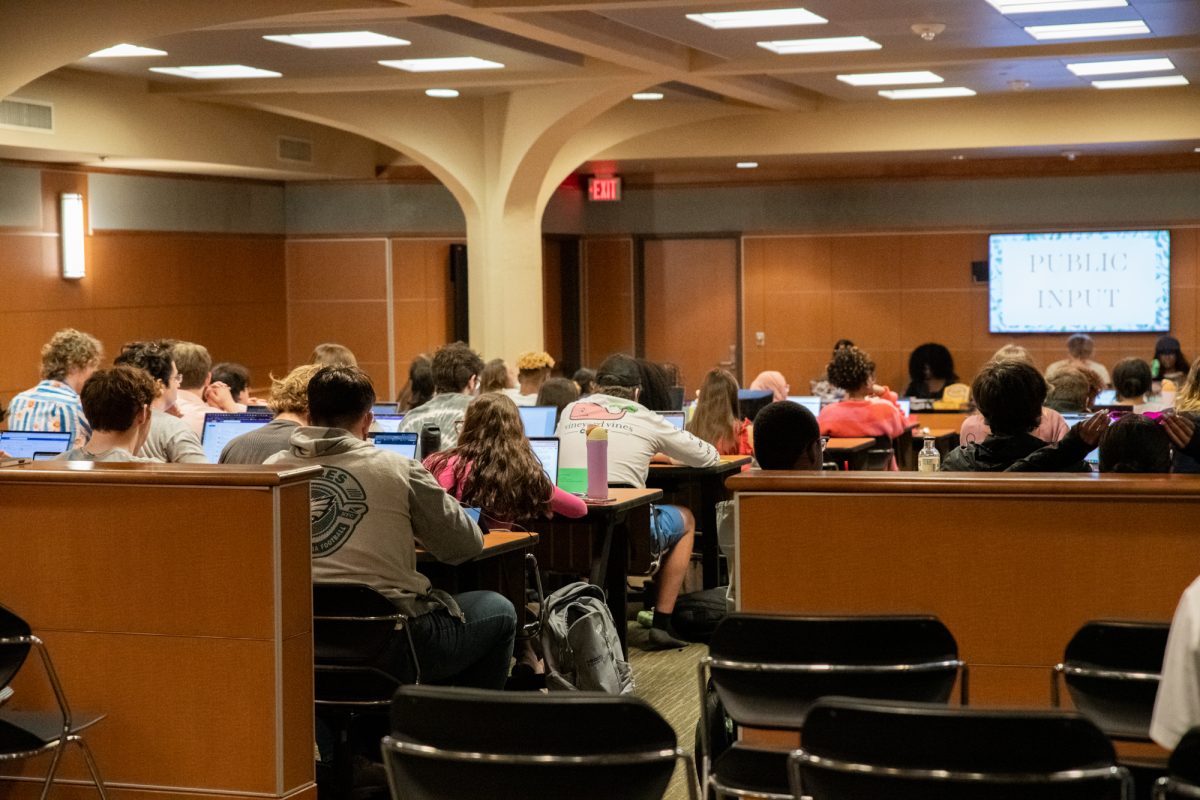The process of entering LSU Student Government was made clear during the highly contested elections and subsequent calls for appointment applications this semester, but the processes of forcing SG members out of office may be less obvious.
Incoming Student Senate Speaker Austin Grashoff said there are four primary ways SG members can be removed from their positions other than resignations or recalls, with the most complex and uncommon process of removal being impeachment.
“From my knowledge and my understanding of the history of impeachment hearings, it’s more for heinous crimes, like misrepresenting the truth, stealing money or not fulfilling their duties in the right way,” Grashoff said.
Grashoff said impeachment can be sought for a number of reasons, whether they are included in SG’s governing documents or not. In addition to breaking SG rules, any actions perceived as unethical or inappropriate can be cited as reasons for impeachment hearings.
“Evidence is necessary, but not essential,” Grashoff said. “Impeachment hearings should only be used for extreme circumstances that are evidence-based.”
Any SG officers, whether appointed or elected, can be impeached by the senate. Impeachment bills must be authored by one senator and co-authored by nine others. Such bills would be placed in the new business category during the weekly meetings, but unlike regular pieces of legislation, impeachment bills are not heard by senate committees prior to meetings. The bills are presented as unfinished business during the following meeting.
If the speaker is the author or co-author of an impeachment bill, he or she cannot preside over the meeting, so the chief justice of the University Court would serve as the acting speaker. If the chief justice is the member who senators are trying to impeach, the vice president facilitates.
“The chief justice is in charge of basically being the disciplinarian of Student Government in terms of any action at all that comes with either punishments or impeachments,” Grashoff said.
The process of hearing the bill begins with the author giving opening statements, followed by statements by the accused, Grashoff said, according to SG’s governing documents. Senators can then ask questions before a vote is taken.
Grashoff said he does not think the order laid out in writing is how the senate would actually handle the bill, since it does not allocate time for debate.
“The reason why I say that’s how it’s written but not how we would do it is [because], at any point in time, the author can amend the bill of impeachment,” Grashoff said.
The author is allowed to amend the bill to strike out reasons for impeachment or alleged violations, but he or she cannot amend the bill to add more charges. To do so, a senator would have to write another bill outlining the new allegations.
A two-thirds majority vote is required to confirm impeachment, and Grashoff said senate’s decision cannot be appealed.
Incoming Chief Justice Nicholas Foster said good groups of people have comprised SG for the last few years, and he has not heard of any impeachment proceedings since he joined SG.
“It’s pretty rare for us to impeach anybody, but I think it would be especially rare for someone in [Judicial] Branch,” Foster said. “Our job is to stay unbiased, and I think if everyone actually does their job, there wouldn’t be any issues.”
Foster said Judicial Branch members can potentially be removed if they break the code of ethics or publicly support an SG candidate.
“What I think you’ll find to be more prevalent is if someone does something that is really just unbecoming of a Student Government member,” Foster said.
Senators can be removed from office at the discretion of the speaker if they violate senate’s code of conduct, miss more than three meetings without a university-approved excuse or do not earn at least four Student Outreach points, which are acquired when senators inform student groups or organizations about how SG can help them.
Any SG member whose GPA falls below the 2.0 minimum is removed by the SG adviser.
Grashoff said the executive branch bylaws give the president the authority to remove any executive appointment at any time without senate approval. He said that’s because the president chooses an executive staff and holds those members to certain standards.










